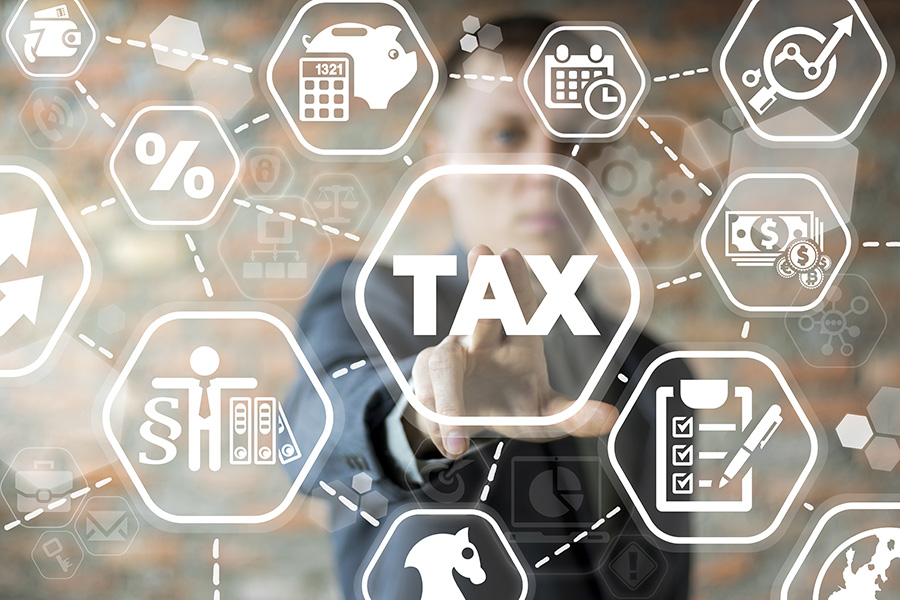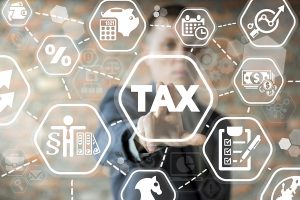PAGCOR and PCSO call for lower taxes on winnings

Legislation being considered by the Senate Committee on Ways and Means would simplify the tax rate on passive income to 15 per cent.
The Philippines.- The Philippine Amusement and Gaming Corporation (PAGCOR) and the Philippine Charity Sweepstakes Office (PCSO) are pushing for a reduction in taxes on winnings amid discussions on the proposed Passive Income and Financial Intermediary Taxation Act (PIFITA).
This legislation, currently under scrutiny by the Senate Committee on Ways and Means, aims to simplify the tax rate on passive income to a uniform 15 per cent. During the second public hearing, PCSO chairman Junie Cua expressed the desire to cut the tax on lotto winnings by half, proposing a reduction from 20 per cent to 10 per cent.
Cua emphasised the economic background of many lotto ticket buyers, stating: “Most of those who buy lotto tickets are poor. What they have left from their daily expenses, that’s what they use to bet.”
See also: Public scrutiny of PCSO lotto games continues
Additionally, the PCSO is advocating for a decrease in its documentary stamp tax (DST) obligations from 20 per cent to 10 per cent. Attorney Katrina Contacto, an executive assistant with the PCSO, said the charity fund, amounting to PHP18.3bn (US$324.6m) last year, had 67 per cent, or PHP12.2bn (US$216.4m), allocated to the DST.
The PCSO attempted to transfer this cost to bettors in 2018, but this resulted in a decline in ticket sales in the following year. Consequently, the agency decided to absorb the costs to maintain competitive ticket prices.
If the proposed tax reduction is approved, the PCSO anticipates an additional PHP3bn (US$53.2m) being allocated to its Medical Access Program, boosting the funds available for the programme to PHP4.9bn (US$86.9m).
PAGCOR corporate services department assistant vice president attorney Arnold Salvosa also presented a proposal during the hearing, suggesting that casino winnings be exempt from tax. Drawing comparisons with other countries, Salvosa noted that Singapore and Macau do not impose taxes on casino winnings. He also referenced the United States’ taxation system, where casino winnings are taxed as part of an individual’s income tax based on specific parameters related to their use as a business or income source.
See also: PAGCOR to reduce online casino tax share to fight illegal gambling









